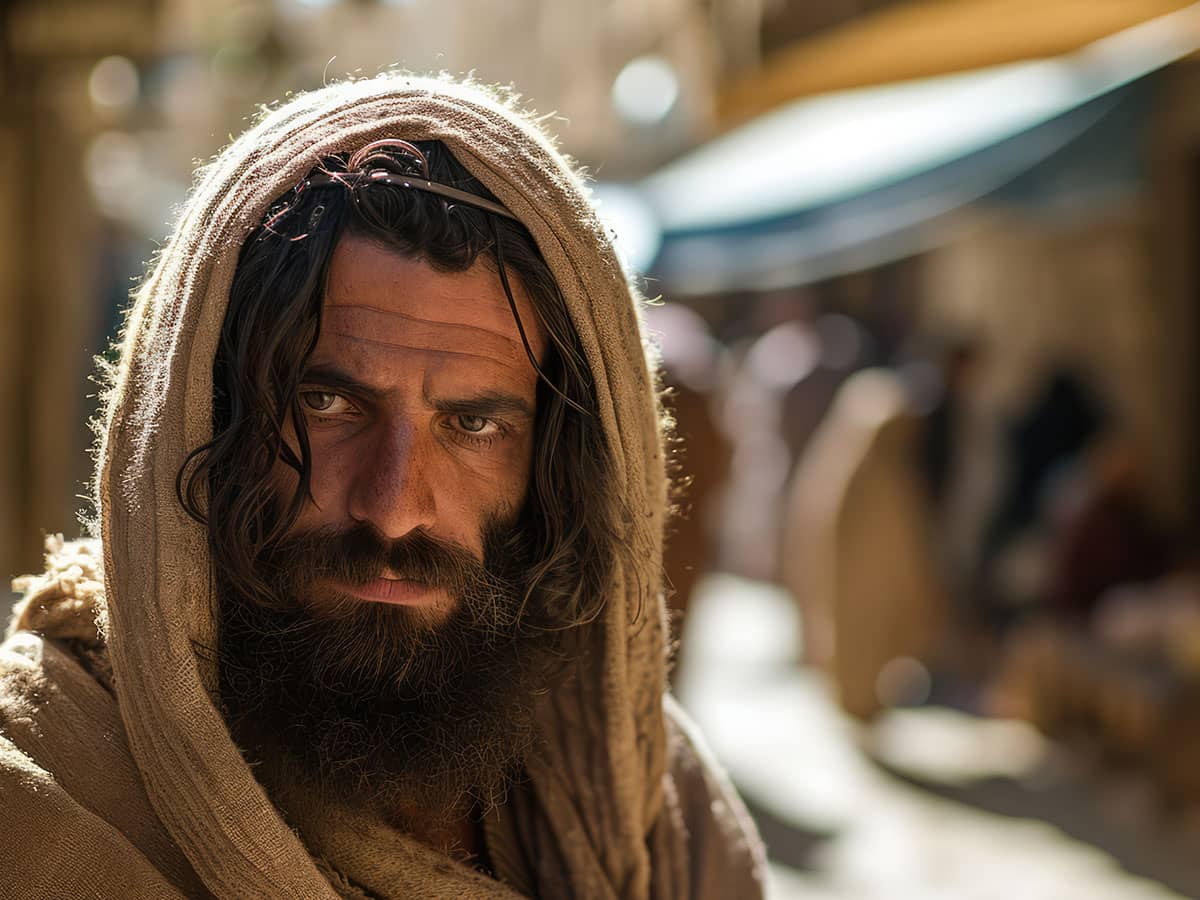
There is, perhaps, no religious schism more famous than that which gave birth to Protestantism as it split from the Roman Catholic Church. What followed changed the face of Christianity, creating the deepest division of beliefs in its history.
Before this, Christianity had developed along one fairly straightforward path. In the 11th century, the Great Schism saw the Christian Church divided into Roman Catholicism and Eastern Orthodoxy, but these two faiths were much more similar than they were different—Protestantism represented a wholly different set of ideas.
But today, these two faiths seem to be inching closer in their practice, if not their doctrines, and the promise of unity may be on the horizon. The vice president of Germany’s Protestants, Petra Boss-Huber, recently spoke with DW, claiming that Pope Francis and Martin Luther have the same aims, including social justice, liberation, and religious teachings that everyone can understand and be transformed by.
Is there, as Boss-Huber speculates, a chance that this centuries-old chasm might be crossed, and what’s more, does it need to be crossed?
Let’s find out.
A History of Division
The beef between these two main branches of the Christian faith began in the 16th century with an event called the Protestant Reformation.
In 1517, a German professor of moral theology named Martin Luther published a document called the Ninety-five Theses, which, at the most basic level, argued against abusive practices by Catholic religious leaders. Chiefly, Luther battled the sale of plenary indulgences, which were certificates that the Catholic Church claimed could reduce a person’s punishment for sins.
In essence, the preachers who sold these indulgences said “Give us money, and maybe God won’t smite you quite as hard.”
Luther felt that repentance could not be bought, but came only through true sorrow for sin, and that these indulgences fooled Christians into a false sense of spiritual safety. A master of spreading ideas through the power of the press, Luther made numerous copies of his Ninety-five Theses, which he quickly distributed throughout Europe.
In his work, Luther challenged a number of other Roman Catholic beliefs, as well, including ideas concerning purgatory and the power of the Pope over those in the afterlife. Overall, Luther believed that the Bible, not tradition, should be the one source of spiritual authority for Christians everywhere, and that faith, not works, results in salvation.
Despite excommunicating Luther in 1521, and later declaring that anyone could kill him without consequence, there was nothing the Catholic Church could do—“Lutheranism” had begun to spread, and those who protested elements of the Catholic faith—the Protestants—grew in number and power. From this sprang war and persecution, but the result was set: Christianity was torn asunder.
That spirit of division survives, in lesser form, to this day, and tensions between these two major branches of Christianity often run high. The two sides often vilify one another as heretical or idolatrous, and differences over doctrine still limit the enormous potential for good these two groups might have together.
But now, let’s look at what might happen if Protestants and Catholics began to work together.
A Unified Future
The Trinity gives us a great representation of what unity really means, and just as importantly, what it doesn’t mean.
The great mystery of the Trinity is that the Father, Jesus and the Holy Spirit are three separate personalities that create one being—God. And like the Trinity, the Christian Church should operate as one entity with one, overarching mission.
But also like the Trinity, the Church doesn’t have to be homogenous—because each human being is so utterly unique and different from the next, denominations and differences of Biblical interpretation will necessarily exist, and that’s okay.
And so, the problem with the division between Catholics and Protestants isn’t that they’re separate groups, but that they don’t often work together to achieve God’s purposes. As Paul writes in Ephesians, Christians all over the world are called by God to realize that "There is one body and one Spirit, just as you were called to one hope when you were called; one Lord, one faith, one baptism; one God and Father of all, who is over all and through all and in all.”
When the world’s 900 million Protestants and 1.2 Catholics can agree on these issues, relying on one another to pursue them, God’s will gets done.
So what does this Trinity-like unity look like?
First, it looks like physical cooperation and active humanization of each side by the other. Catholic churches and Protestant institutions need to feel free to cooperate in their ministry efforts. They also need to begin seeing one another as fellow Christians and humans, which means dropping charges of heresy and idolatry against one another. Essentially, these two sides must recognize one another as fully Christian.
Second, these two major parts of the Christian Church should be willing to explore one another’s traditions. Without this essential exploration and communication, Protestants will remain a mysterious “enemy” to Catholics, and vice-versa. Information dissolves ignorance, which leads to empathy.
If this can be done, and unity achieved, even while recognizing individual differences, there is little the united Church of God could not do. Imagine the charity work that could be done with combined funds, or the mission work that could happen through collaboration.
In an age where Christianity is more maligned than ever, this might be just what the church needs to survive into a new era.
Searching For Answers
The answer to the question with which we began is this: yes and no. No, in that Catholics and Protestants will likely not ever integrate into one, unified system of beliefs. They don’t need to do this in order to work together. But, yes, in that the two major divisions of the Christian faith should continue to converge in their mission to love God, love one another, and make the world a better place.
With the new direction both Protestant leaders, and Pope Francis, are taking their respective faiths, we can look forward to a greater level of cooperation in the coming years than has occurred since Luther nailed his theses to a wooden door in the 1500s.

